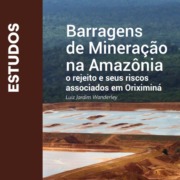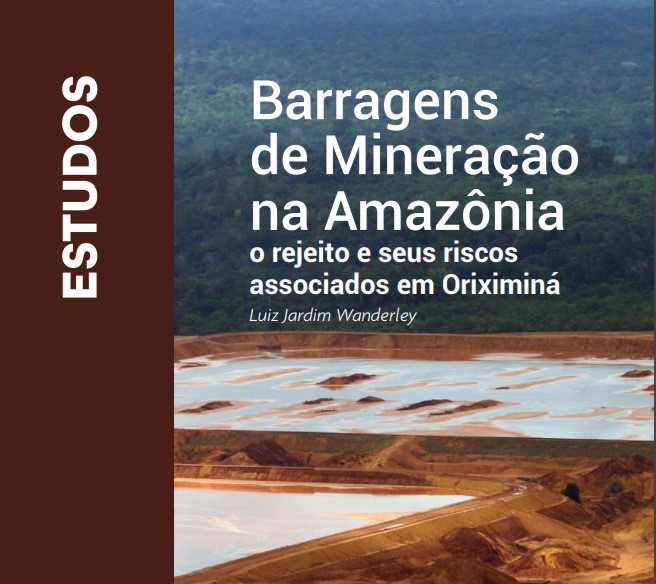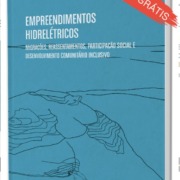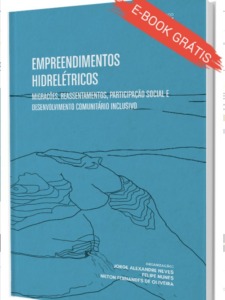New journal article on the far-reaching implications of potentially rolling-back Environmental Licensing and Impact Assessment in Brazil
Simone Athayde and colleagues wrote a recent article on the far-reaching implications of the potential setback in environmental impact assessment and environmental licensing legislation in Brazil. The article was recently published in the Environmental Impact Assessment Review. The article is co-authored by Profs. Alberto Fonseca, Suely Araújo, Amarilis Gallardo, Evandro Moretto, and Luis Sánchez.
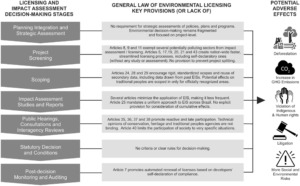
Abstract
In the context of compounding health, environmental, and climatic crises, Brazil may witness two of its most important environmental policy instruments, environmental licensing and impact assessment, be severely weakened. On May 13, 2021, the Chamber of Deputies passed a new General Law of Environmental Licensing, ignoring the concerns of civil society, scientists, and other relevant parties. If approved by the Senate and ratified by President Bolsonaro, this law will further undermine Brazil’s increasingly fragile environmental protection and public participation in decision-making. Here, we review the bill’s main provisions, highlighting potential far-reaching implications for environmental protection and governance, public participation in decision-making, and human rights in Brazil and beyond. Scientists can play an important role in debunking misinformation and advising Senators and the public opinion on the bill’s dangerous effects.
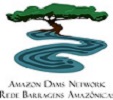
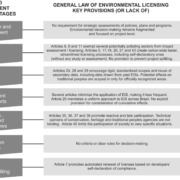
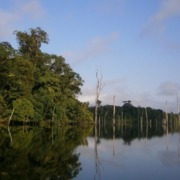
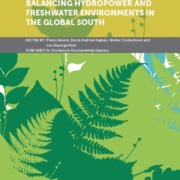
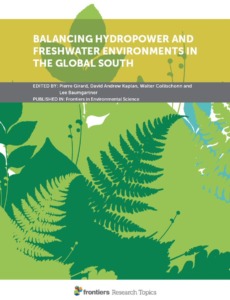
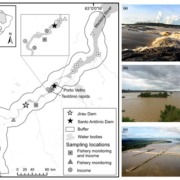
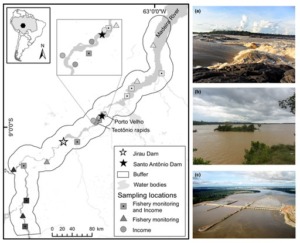
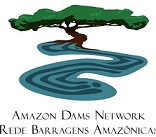
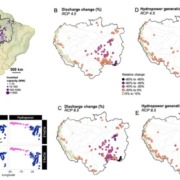
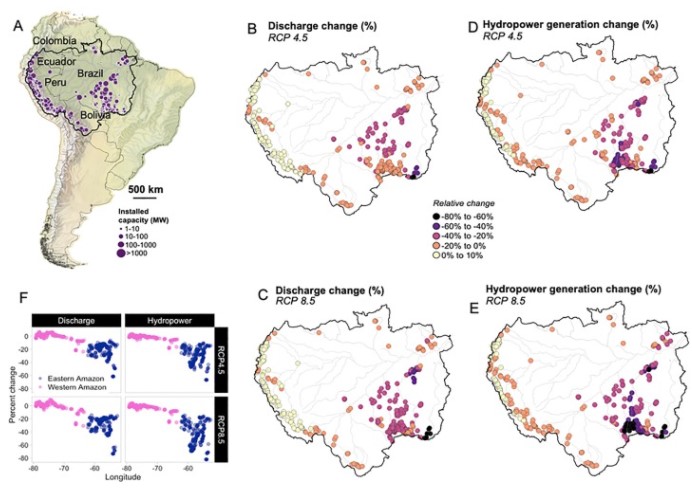
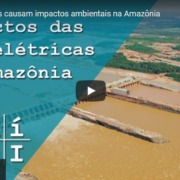
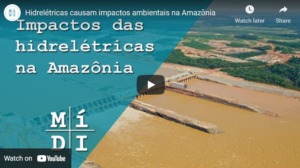
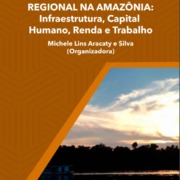
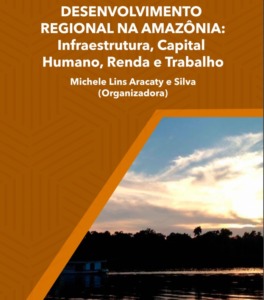 Apresentamos esse livro que reúne trabalhos de vários pesquisadores e tem como objeto de estudo o Desenvolvimento Regional no contexto amazônico. Este e-book completa um projeto de publicação colaborativa entre um grupo de pesquisadores e amigos, inclusive de instituições amazônicas parceiras da RBA. Este faz parte de uma coletânea juntamente com os outros dois e-books anteriormente publicados, que são: AMAZÔNIA: Desafios e Perspectivas para o Desenvolvimento Regional (2014) e AMAZÔNIA: Aspectos Singulares para o Desenvolvimento Regional (2019), este livro intitulado: DESENVOLVIMENTO REGIONAL NA AMAZÔNIA: Infraestrutura, Capital Humano, Renda e Trabalho, apresenta como característica principal a composição por artigos científicos construídos por docentes, discentes, pesquisadores e amigos que discutem em seus estudos e pesquisas temas ligados à temática do livro. Este e-book assim como os demais trabalhos deste grupo tem o seu acesso livre para pesquisas e leitura de forma a ser um objeto de compartilhamento de informação e conhecimento agregado acerca dos temas aqui abordados. Desejamos uma excelente leitura e reflexão acerca dos artigos aqui compartilhados.
Apresentamos esse livro que reúne trabalhos de vários pesquisadores e tem como objeto de estudo o Desenvolvimento Regional no contexto amazônico. Este e-book completa um projeto de publicação colaborativa entre um grupo de pesquisadores e amigos, inclusive de instituições amazônicas parceiras da RBA. Este faz parte de uma coletânea juntamente com os outros dois e-books anteriormente publicados, que são: AMAZÔNIA: Desafios e Perspectivas para o Desenvolvimento Regional (2014) e AMAZÔNIA: Aspectos Singulares para o Desenvolvimento Regional (2019), este livro intitulado: DESENVOLVIMENTO REGIONAL NA AMAZÔNIA: Infraestrutura, Capital Humano, Renda e Trabalho, apresenta como característica principal a composição por artigos científicos construídos por docentes, discentes, pesquisadores e amigos que discutem em seus estudos e pesquisas temas ligados à temática do livro. Este e-book assim como os demais trabalhos deste grupo tem o seu acesso livre para pesquisas e leitura de forma a ser um objeto de compartilhamento de informação e conhecimento agregado acerca dos temas aqui abordados. Desejamos uma excelente leitura e reflexão acerca dos artigos aqui compartilhados.